Salome has vivid memories of the night 13 years ago when she and her three sisters were awakened by gunfire. When one of her older sisters asked the others if they had heard it, the girls jumped from their beds and confronted a nightmare.
“We got up to see what was going on,” Salome recalled, “and we saw that our mum was dead.”
Moments earlier, two men had knocked at the front door of their home in Colombia, awakening Salome’s parents, James and Rocio Pino. When they opened the door, the men asked for help with their motorcycle. While James went outside to help, one of the men stayed by the door with Rocio, watching her husband.
“Is your name Maria?” the man asked Rocio.
“No, I’m Rocio Pino,” she replied.
Suddenly, the man shot Rocio three times. James turned around as his wife fell to the ground, and Salome and her sisters quickly ran to the doorway. James attempted to confront the shooter, but the two men sped away on their motorcycle. Salome said she is grateful the men didn’t shoot their father as well.
When James called for help, emergency services refused to respond because the family lived in one of Colombia’s ‘red zones’, areas controlled by militant guerrilla groups like the Revolutionary Armed Forces of Colombia (FARC). The road to their village was heavily mined and guarded by FARC guerrillas, so James and his daughters were unable to help Rocio as she died on their front doorstep.
The next day, 7 March 2011, would have been a typical Monday filled with school, housework and church activities. But instead, 10-year-old Salome and the rest of the Pino family worked to arrange a rushed funeral for Rocio.
Before sunrise that day, some men claiming to be from the government had come to their door and asked to take Rocio’s body as part of an investigation into her murder, but the family didn’t believe them. James believed they were FARC guerrillas attempting to hide evidence of their crime.
“My dad said, ‘No, we are going to take the body. Who sent you?’” Salome recalled.
As soon as the men left, James told the girls to gather what they could and get in the car, along with their mother’s body. He knew they weren’t safe.
The girls, understandably, were in shock. “We were little girls,” Salome said. “We actually didn’t grab anything. We four rode with my mum.”
The family drove to a nearby town, where they held an impromptu funeral at a church where many people knew and loved Rocio and the Pino family.
“I don’t know why the bad people wanted to hurt her,” Salome said. “She was preaching to those people. In those days, there were a lot of guerrillas in that area. I remember we were alone with my mum, and at that time a girl [FARC soldier] about my age came to her. My mum gave her a New Testament … and told her that she was doing wrong things.”
Salome also overheard her mother urging the militant to leave the FARC. “The Lord is waiting on you,” her mother told the young woman.
Salome and her family believe Rocio was killed for witnessing to the young guerrilla. Leaving the FARC or encouraging someone to leave is considered an act of treason. “When the guerrillas try to demobilise, which is what they call it, they get killed,” Salome explained. “You can’t get out.”
After the funeral, friends helped Salome and her family go into hiding. FARC militants searched for them for several years, forcing them to move constantly. Each time their location was discovered, the Pinos wondered who had told the FARC. Salome knows what would have happened if they had been caught.
“They would have killed my dad,” Salome said. “We would have been kidnapped. We would have been part of the FARC. They would probably make us, force us, to be one of them.”
The Pino family struggled after Rocio’s death. Frequent moves made it hard for Salome and her sisters to settle into a school, and finances were tight.
“It is very hard to grow up without a mother,” Salome said tearfully. “When I was little, I always asked God, ‘Why me, God, why me? I am a child’.”
Some life events, such as Salome’s 15th birthday, were especially hard without her mother. In Latin American culture, a girl’s 15th birthday marks her maturity into adulthood and is traditionally celebrated with a quinceañera: a festive gathering of family and friends. The young woman being celebrated often wears extravagant attire for the milestone event, and Salome recalls her disappointment at not being able to buy new shoes for her party.
“We didn’t have the budget,” she said. “It was a small party: my friends and my sisters. But what hit me was that my mum wasn’t there. That marked me, really.”
Salome’s oldest sister had celebrated her quinceañera before their mother was killed, and Rocio had prepared a special chicken and rice dish for the occasion. The family cooked the same meal for Salome’s celebration and has continued to make that special dish for every birthday since.
“That was, I think, my hardest time,” Salome said. “I didn’t have [my mum for] my 15th, but I had my dad and some friends. I know they did the best they could. I didn’t even want to turn 15 because, you know, you turn into a woman.”
But she told herself she had to grow up, even without her mother.
Reflecting on her mother’s death, Salome remembered a special moment she shared with Rocio shortly before her murder. The family had gone out on a Sunday afternoon to gather yuccas and potatoes from a nearby garden, when Salome and her younger sister approached their mother. “I blessed my mother, and I hugged her,” Salome said. “That is the last time I hugged her.”
Salome also distinctly recalls her mother’s final, surprising exhortation. “[These were] the last words she told me,” Salome said, “‘When something happens to me, I want you to go forward without me and take care of your dad.’ It was almost like she knew.”
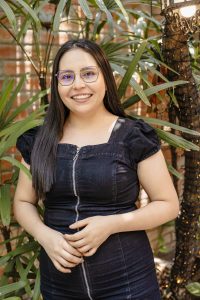
Today, as a 23-year-old university student, Salome carries her mother’s lessons with her. “My mum was always strong,” Salome said. “I was born in a Christian home. My parents always talked to me about God … and I see that my mum left me a great gift to believe in God.” Salome’s faith led her to forgive her mother’s killers, but it took time. “I had a lot of hate,” she said.
Eventually, Salome overcame her resentment towards the FARC guerrillas. “Right now, I have no anger towards them,” she said. “My heart is clean. If I had hate for them, then I could not be happy. I would always be living with that hate. In my case, I forgave them. In my heart, I have peace towards them.”
Salome currently serves as a Sunday school teacher in a church that she loves. She attends church services twice a week, while continuing her college studies in graphic design and working to help support her family. Salome is the only child in the family to pursue a university degree, and her education is paid for by the global body of Christ through front-line workers.
During the pandemic, Salome and her family struggled financially, living on 70,000 pesos (less than $25) a week. But God always provided. “God multiplied those 70,000 pesos to pay for everything,” she said. “You know, I have seen how great my God is. I have never been alone.”
Salome says her mother’s last words have helped her through all the challenges she has faced growing up. “I asked for a lot of strength from God,” she said, “because it was very difficult. I focused on the words my mother left me: ‘Go forward without me’. That little phrase is what has kept me.”
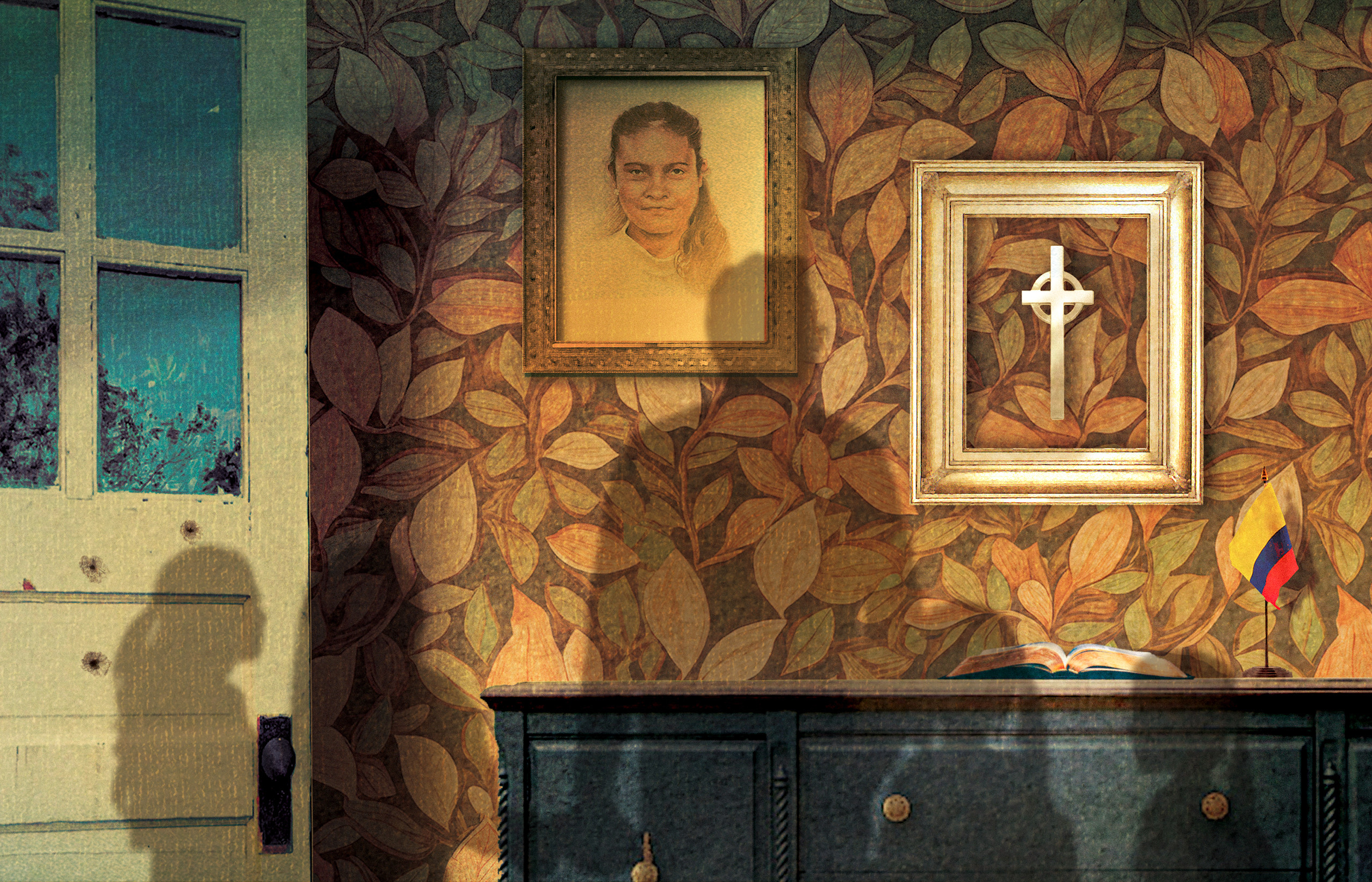
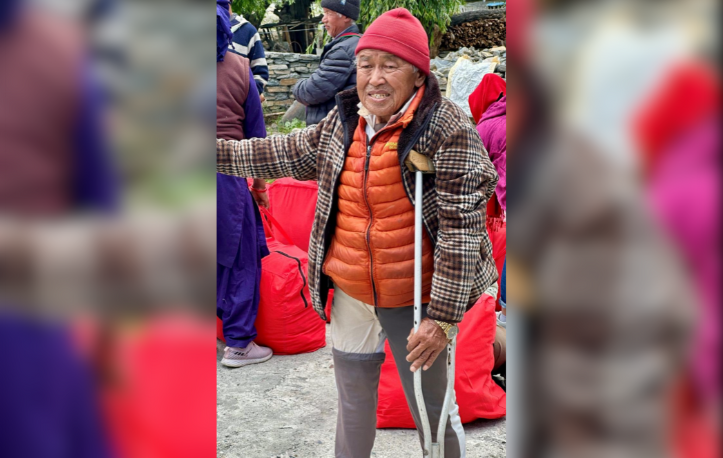
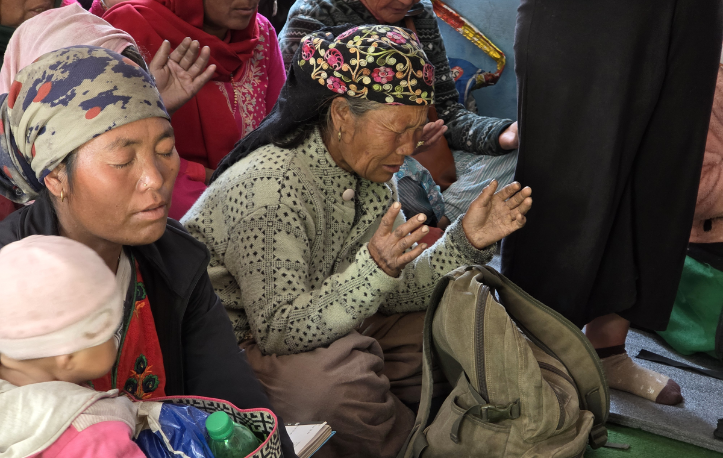
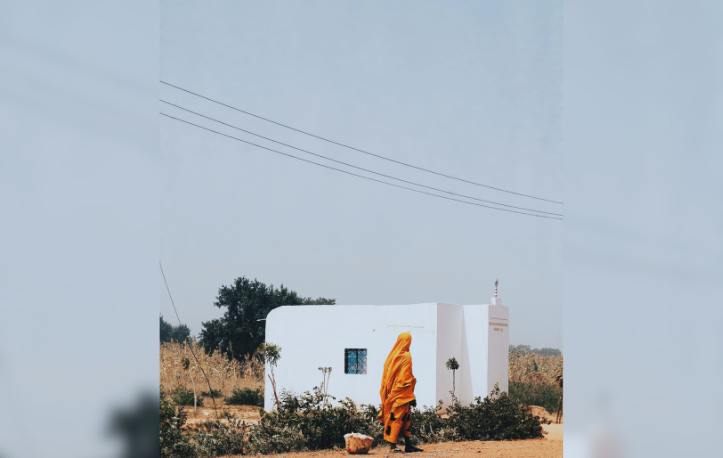
Submit a Prayer